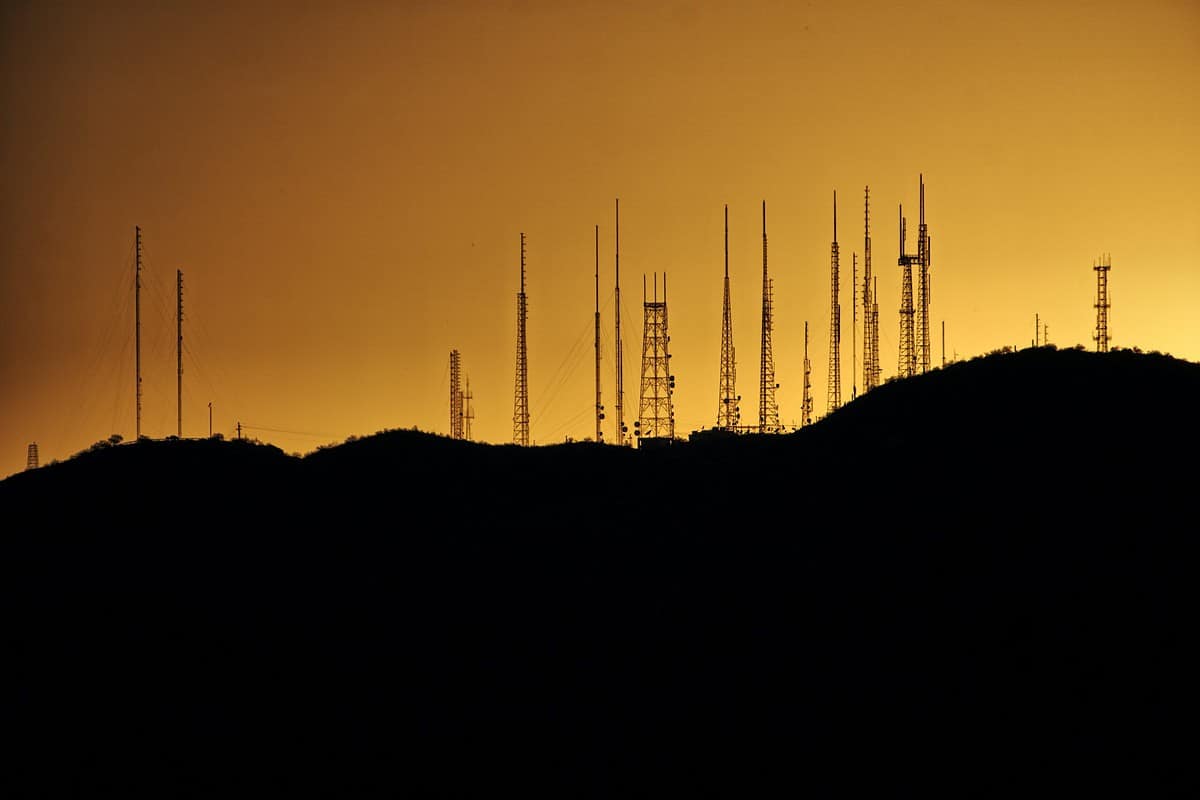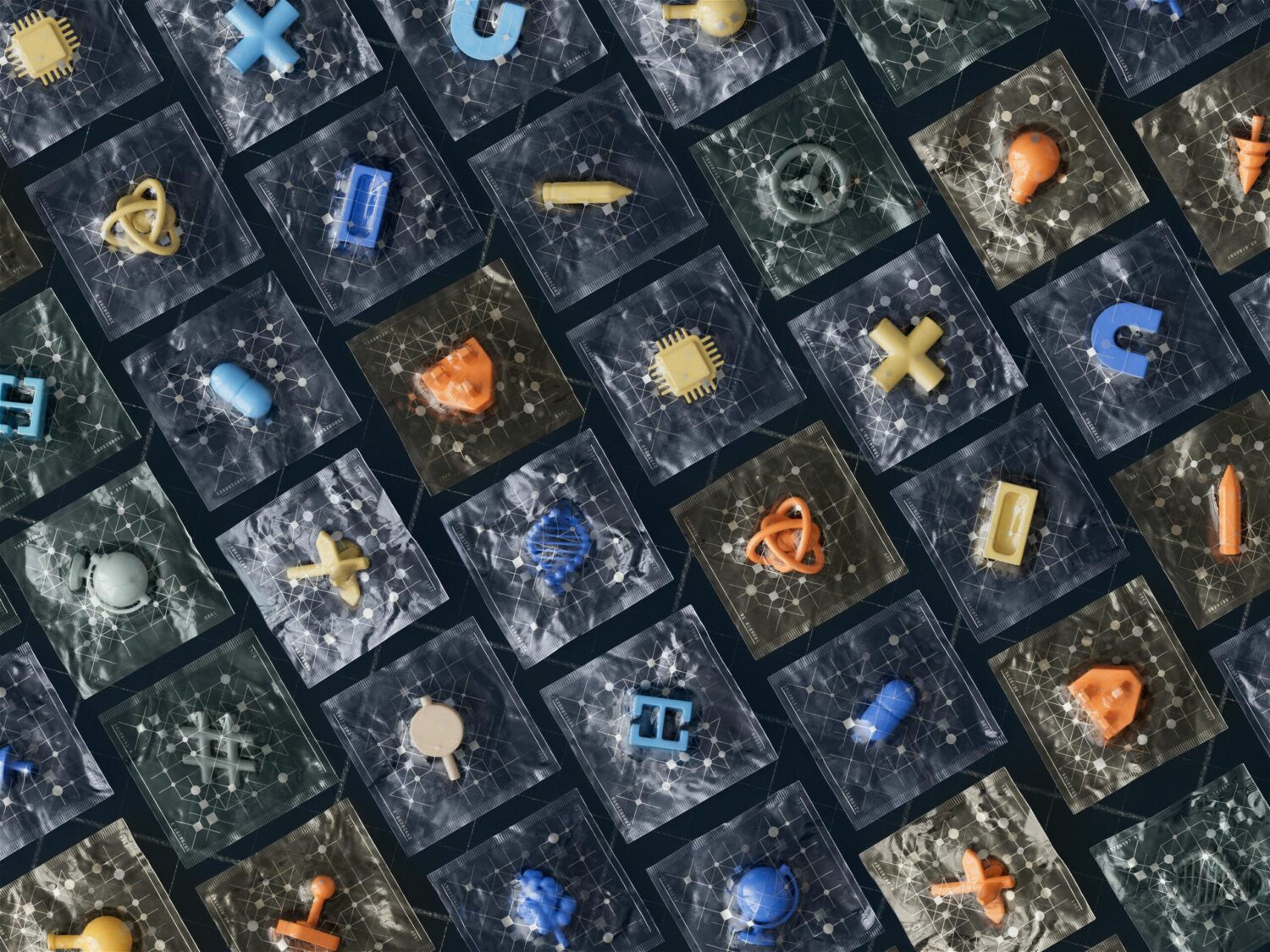Between 15 and 18 March 2023 I had the pleasure of participating in the International Studies Association (ISA) Convention, a global event bringing together scholars, practitioners, and students of international studies from around the world. I was invited to speak at the Roundtable organised by The Hague Journal of Diplomacy, as their Book Reviews Editor. Our starting point: to reflect on the potential points of cross-fertilisation between International Relations and Diplomatic Studies, i.e. to think about how these two fields can help one another developing further.
In preparation of my speech, I took the following notes and thought of sharing them with a wider audience interested in International Relations and Diplomacy. I argue that inter-disciplinarity, cross-fertilisation, and holistic approaches should not be seen as a potential path for progress but as an indisputable way forward — assuming scholars truly want to make sense of the world’s complexity with social justice in mind.

The ICT Revolution
The ICT (Information and Communication Technology) revolution refers to the transformative changes brought about by advanced technologies. Think of telephone lines, satellites, computers, and artificial intelligence. It has transformed the way we communicate, access information, and conduct business, and has had a profound impact on almost every aspect of modern life, including International Relations and Diplomacy.
Agency Shifts
- growing role of the public, empowered by more accessible information, which increases the relevance of public diplomacy as opposed to elite-driven diplomacy.
- growing role of private actors and civil society, who shape the way ICT is used and develop, thereby affecting the conduct of diplomacy but also becoming diplomatic actors themselves.
- changing role of the state, which becomes one political actor among many other agents affecting global politics and is forced to adapt its communication and branding due to increased competition for attention.
- changing role of individuals, who connect across borders and may access information from very different echo-chambers.
“Leaders, states, governments and a variety of organisations increasingly use social media to project their influence beyond borders, enabling them to reach and manage domestic and global publics (Duncombe 2019; Wright 2019; Aggestam and Hedling 2020). Digital diplomacy, moreover, has changed the ways in which states manage their nation brands and this has amplified the reach and role of public diplomacy in global politics (Manor 2019). The Internet has developed from a place of technological enthusiasm and democratic potential, to a space in which states strategically project, contain and contest national narratives as well as promoting new global policy initiatives (Bjola and Pamment 2016; Bos & Melissen 2019).” — in “Feminist digital diplomacy and foreign policy change in Sweden” by Aggestam et al., 2021, p. 314-315.
Structural shifts
- ascent of a self-undermining, US-led liberal information order where private actors lead the governance of digital communications (think of tech giants such as Meta, Alphabet and Twitter) and profit off of business models that clash with democratic principles and ultimately benefit illiberal states.
- growing impact of algorithms and “weapons of math destruction” along the rise of AI — in many industries such as communications and finance but also education and healthcare — which rely on mathematical models can structurally reinforce existing biases and inequalities.
- rise of a global public sphere alongside national public sphere, which however is managed very differently — whilst there is often a central authority or a system of checks and balances at the national level, the global level lacks effective mechanisms to ensure that a diversity of interests are equally represented. Tech giants are invited(not forced) to conduct their business in a way that promotes a peaceful and sustainable future.
- as a result, we see a reinforcement of an interdependent multiplex global order with co-existing competing visions of how global politics should be conducted, otherwise understood as “strategic narratives”.
“Deliberative spheres seem to emerge in a new sphere of ‘inbetween-ness’, not as in the modern deliberative paradigm between ‘citizens’ and the ‘state’ but in what we might call a ‘transnational deliberative’ paradigm, enabled through public interdependence, between ‘networks’ of choice and lifeworld ‘locality’.“ — in “The Global Public Sphere: Public Communication in the Age of Reflective Interdependence” by Volkmer, 2014, p. 92
“Big Data processes codify the past. They do not invent the future. Doing that requires moral imagination, and that’s something only humans can provide. We have to explicitly embed better values into our algorithms, creating Big Data models that follow our ethical lead. Sometimes that will mean putting fairness ahead of profit.” ― in “Weapons of Math Destruction: How Big Data Increases Inequality and Threatens Democracy” by Cathy O’Neil, 2016, p. 204
“A Multiplex, Not Multipolar World Order:” actors are not only great powers, and not even just states, but also international organisations, corporations, transnational NGOs, social movements, transnational criminal and terrorist groups, and so on; the nature of economic interdependence today is global and denser (production networks & supply chains + finance on top of trade); durability of international organisations; complexity of conflicts (intrastate and trans-border). — in “After Liberal Hegemony: The Advent of a Multiplex World Order” by Amitav Acharya, 2017

Insights from International Relations Theory
Which discipline, which theory can help us better understand these developments? Is it International Relations? Is it Diplomatic Studies? Public Diplomacy? These are the questions that many scholars are probably asking, but what I am actually wondering is:
Why are we so obsessed with defining limited fields of studies when science shows us that diversity and inter-disciplinarity are the most promising ways of progressing?
In Rebel Ideas, Matthew Syed demonstrates the power of diversity and cognitive friction in driving innovation and progress. The book argues that by embracing differences in perspectives and experiences, individuals and organizations can challenge their assumptions and find new solutions to complex problems.
It seems to me that IR scholars sometimes lose track of the most fundamental objective of science, which is to continuously expand knowledge, not to defend one’s point of view or field of study as being ‘superior’. Philosopher Allan Watts aptly put it, in The Wisdom of Insecurity, that “The true splendour of science is not so much that it names and classifies, records and predicts, but that it observes and desires to know the facts, whatever they may turn out to be.”
To better understand complex challenges, such as the ever-changing milieu where diplomacy and international relations operate, research has to be inter-disciplinary. No discipline alone can offer a picture accurate enough and thus a solution effective enough to the real-world problem we face, such as climate change social inequality. Cross-fertilisation between International Relations and Diplomatic Studies is therefore an obvious pathway, in my view.
Among IR theories, here are two frameworks which I find helpful to understand the increasing complexity of international relationships, because of their capacity to reflect both globality and individuality:
Foreign Policy Analysis
Foreign Policy Analysis (FPA) seeks to understand how states and other actors make decisions about foreign policy. It examines the factors that shape decision-making process. FPA also analyses the impact of foreign policy decisions on global politics and the interactions between states and other actors in the international system.
- actor-focused: change results from human decisions (individual or in group).
- interplay of domestic and international factors and developments.
“A renewed emphasis on actor-specific theory will allow IR to more fully reclaim its ability to manifest human agency, with its attendant change, creativity, accountability, and meaning.” — Valerie Hudson, 2005
English School
The English School focuses on shared norms, practices, and institutions, such as international law and diplomacy. The English School argues that these norms are crucial for maintaining international stability, promoting cooperation, and evolving the dynamics of international society over time.
- international system (power politics among states in anarchy)
- international society (like-minded states share institutions)
- world society (global societal identities and arrangements).
”The ultimate units of the great society of all mankind are not states … but individual human beings” — Hedley Bull, 1977, p. 21
But that’s not all. Many more theories and disciplines can help us make sense of the increasing complexity of the international order:
- Media and Communication Studies (techniques: strategic narratives, information disorder)
- Computer Science (methods: regulation of technology, algorithmic amplification)
- Security Studies (ontological security, reputational security)
- Psychology (identity politics, populism, psychotraumatology)
- Sociology (ignorance studies, assessment of information)
- Economics and finance (capital flows)
- Physics (entropy, complex systems)
- …
Modern theories and ideas such as these have been criticised among classical IR scholars because they contradict long-standing ideas about agency and balance of power (e.g. states as main unit of analysis, liberal order) which sustain a certain systems that benefits and protects them. It’s understandable. New ideas threaten their ontological security. However, at the core of realism and liberalism is a positivist, US-centred vision of world order, one that treats social science like physical science, omitting the changing role of agency in the former. That view is not only outdated, it is toxic because it hampers progress in global governance and social justice.
Implications for International Relations and Diplomacy
Sharp (2009, p. 84) defines diplomacy as a relationship between groups that perceive to be separate from one another. Bjola (2012) proposes to think about diplomacy as a method of managing relations of enmity and friendship in world politics. In other words, it’s “us vs. them”, “we and the other”. That’s the problem, seeing our political and geographical existence as separate instead of connected or whole. It is a missed opportunity both from a theoretical and practical perspective.
From a theoretical point of view, concepts such as “polycentrism” (Scholte, 2004), “ordered chaos” (Koinova et al., 2021), “demoï-cracy” (Nicolaïdis, 2012), and “cosmocracy” (Keane, 2002) can help us understand diversity, differences, and decentralisation not as a problem to be resolved but as a complexity to embrace.
There are lessons to draw for the study and practice of diplomacy, as exemplified by the notions of “holistic public diplomacy” (Melissen, 2011) bridging foreign and domestic publics and of “collaborative public diplomacy” where diplomatic engagement is part of a broader collaboration with other actors prioritising “meaningful connections to others” (Melissen, 2011, p. 22).
From a practical point of view, if any of you have ever been curious about couple therapy you would be familiar with the idea of changing the narrative from “you vs. me” to “us vs. the problem”. Shifting the narrative from one actor against another to all actors against a problem is more effective and leads to less conflict. It’s incredibly powerful in interpersonal relations, and so can it be in diplomacy and ultimately international and global relationships.
Conclusion
In conclusion, given the agency and structural shifts induced by the ICT Revolution, only inter-disciplinary and holistic research approaches will help us make more sense of the increasingly complex worlds of International Relations and Diplomacy. It should not be regarded as an option, but as a natural pathway towards progress.
Written by Sophie L. Vériter
Global Society
With the advances of technology, we realise how connected we are, as communities, states, and continents,… but above all as individuals communicating across borders. This impacts the solutions to our political, economical, and social challenges.
My vision of a global society is one that values life-long learning, empathy, and inclusivity. These values are crucial for a sustainable future on earth. Looking at the state of democracy and information disorder, it becomes obvious that a multi-level mindset shift is essential to heal the way we’ve conducted international relations. It’s high time for the global transformation we need.



